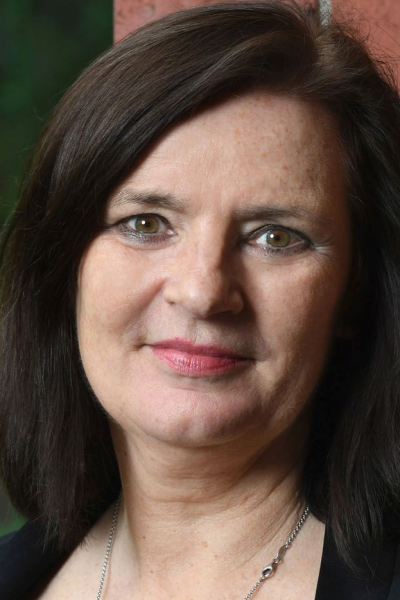Professor Ingrid Schoon is Chair of Human Development and Social Policy at the UCL Social Research Institute.
What is the focus of your research?
My research focuses on the study of risk and resilience, in particular on social inequalities in capacity building, health and attainment during the transition from dependent childhood to independent adulthood, asking:
- to what extent and how do social conditions, in particular socio-economic adversity, affect individual thinking, feeling and behaviour;
- to what extent and in what circumstances can individuals succeed against the odds and steer their own life course?; and,
- what can be done to improve the life chances of the most vulnerable?
My studies are guided by a socio-ecological developmental systems approach, mapping human development over time and in context using longitudinal data, such as the nationally representative British cohort studies.
What benefits do you hope your insights will bring?
I aim for my research to generate new insights regarding social inequalities in competence development, aspirations, health and attainment, and the conditions for change and resilience in the face of adversity. This is for example reflected in my current work on the Youth Economic Activity and Health (YEAH) monitor in collaboration with Golo Henseke and Francis Green (funded by the ESRC), and a Nuffield-funded project on the experiences of children of care leavers in collaboration with Sam Parsons and Emla Fitzsimons.
What do you most enjoy about your role?
My position gives me the chance to combine research and teaching, to test out and develop new ideas and approaches in collaboration with students and colleagues. My research takes into account the role of contextual influences, including the impact of current events and social change on competence development (as well as health and wellbeing). These issues are of course also highly relevant for our students who are preparing for an uncertain future.
“Talking about current challenges and opportunities with the students is often eye opening, and I very much enjoy the ensuing discussions."
Moreover, IOE hosts four major UK longitudinal data sets, which provides the unique opportunity to study lives over time and in context, comparing the experiences of different age cohorts in a changing socio-historical context and following their lives from birth to the adult years.
What working achievement or initiative are you most proud of?
To have supported students from less privileged backgrounds to find their strength, to realise their potential, and to become top class scientists or researchers in their own right. Some of them are now themselves training the next generation of scholars and experts, which gives me great joy.
What attracted you to join IOE?
I consider the role of education as crucial in shaping individual life chances and opportunities. Being able to contribute towards a better understanding of educational inequalities and pathways to success and to collaborate with experts in the field offered unique opportunities in advancing the field of developmental science.
What's the most important thing you've learned from your students?
There is always something new to learn, and times move fast. We have to constantly upskill, reskill, and make best use of emerging technologies, also looking beyond our disciplinary boundaries and integrating knowledge from different fields. Crucially, to get on and ahead despite persistent challenges it is important to build up and develop social support structures and networks, and to ask for help if things do not turn out as planned.
What might it surprise people to know about you?
I trained as a swimming instructor and lifeguard.
What other area of research interests you outside of your main subject area?
As a psychologist I trained in different fields, including developmental, social, and clinical psychology. I am also interested in the fields of philosophy, sociology, and social policy, and have a knowledge of Indian religions and philosophies, in particular Jainism.
Do you think being in London benefits the work you, and if so, how?
London is a megapolis, and despite Brexit, still offers great opportunities in addition to beautiful sites. It is easy to meet and interact with colleagues from diverse fields, and there are always events going on somewhere, as well as occasions that facilitate to hear and learn from each other. UCL provides access to a wide range of resources which are available at your fingertips, facilitating academic work and interactions. Moreover, London, and in particular UCL, attract high-calibre national and international scholars who come to visit, opening ample chances for interaction, collaboration and networking.
 Close
Close


